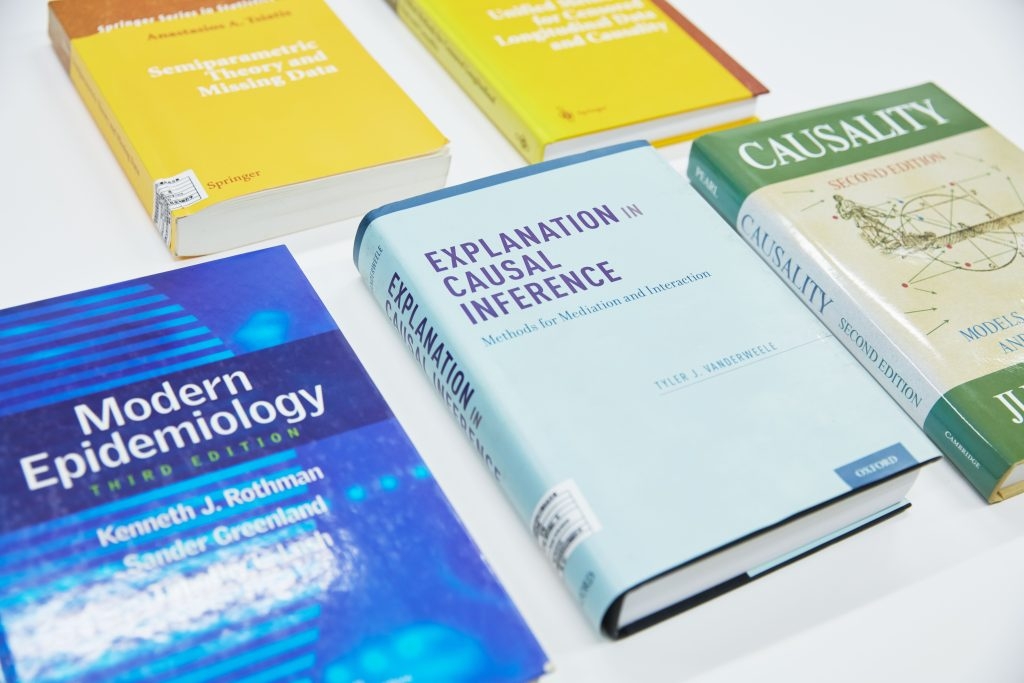“Data on human illnesses need to capture completely different illness characteristics, whether you are talking about heart disease or gastrointestinal diseases, or even infectious diseases, such as surgical infections or COVID-19 and other community-acquired infections. Biostatistics is the practice of discussing with clinicians what medical insights are needed now, and then applying knowledge about statistics to theorize how to measure and analyze data to provide these insights.” This is how Associate Professor Shinozaki describes his field of biostatistics. A straightforward example of how data underpins medicine would be clinical trials conducted on human patients to verify the safety and efficacy of medical treatments. However, if clinical trial verifications are not performed at the right time, fruitless or even harmful treatments may run rampant, which could be very detrimental to the present and, by extension, the future health of patients. As Associate Professor Shinozaki points out, “In a proper clinical trial, a biostatistics expert is always involved from the planning stage as the person in charge of data analytics.” As you can guess, biostatistics plays a large role as a specialized discipline in its own right that is far more than just an application of mathematics and statistics.

Epidemiologic theory is another of Associate Professor Shinozaki’s research areas. Observational studies without experimental interventions are selected when investigating human health issues, such as those stemming from passive smoking, where clinical trials would be ethically impossible. Epidemiological theory is a field of study that seeks to identify biases in observational research — in other words, the discrepancies between what researchers want to know and the numbers obtained from the data — and how to deal with them. “For example,” Associate Professor Shinozaki says, “a study might divide participants into two groups, one taking hypertension medication and the other not, and then compare the subsequent incidence of disease. But the people taking hypertension medication probably have been taking it because their blood pressure was high to begin with. So, it becomes unclear whether the study is really comparing the use or non-use of hypertension medication or whether it is comparing people’s intrinsic blood pressures.” This is a simple example of confounding. But it is one of a myriad of biases that can occur in observational studies, but not in experimental settings, due to the messy nature of data on human subjects.

Associate Professor Shinozaki is studying statistical causal inference as a technique to combat the biases that arise in observational research. Simply put, causal inference is a framework for weighing causal effects (the degree to which a cause influences an effect) by contrasting reality with hypothetical realities (what if?). In Associate Professor Shinozaki’s words: “Statistical causal inference is a way to find out to what extent we can draw inferences from a data set about what would happen if a given treatment were performed.” Associate Professor Shinozaki believes that causal inference has the potential to fundamentally change not only the way we analyze data, but also the way we look at medical data. “Patients who start one treatment choose the next treatment according to their progress after the first treatment. Past research into data analytics has not looked at formulating and estimating the effects of a series of treatments like this. Causal inference, however, has paved the way to these kind of estimates.” In the era of big data, Associate Professor Shinozaki thinks it will be possible to perform richer data analyses and problem formulations based on causal inference principles.
■ Main research themes